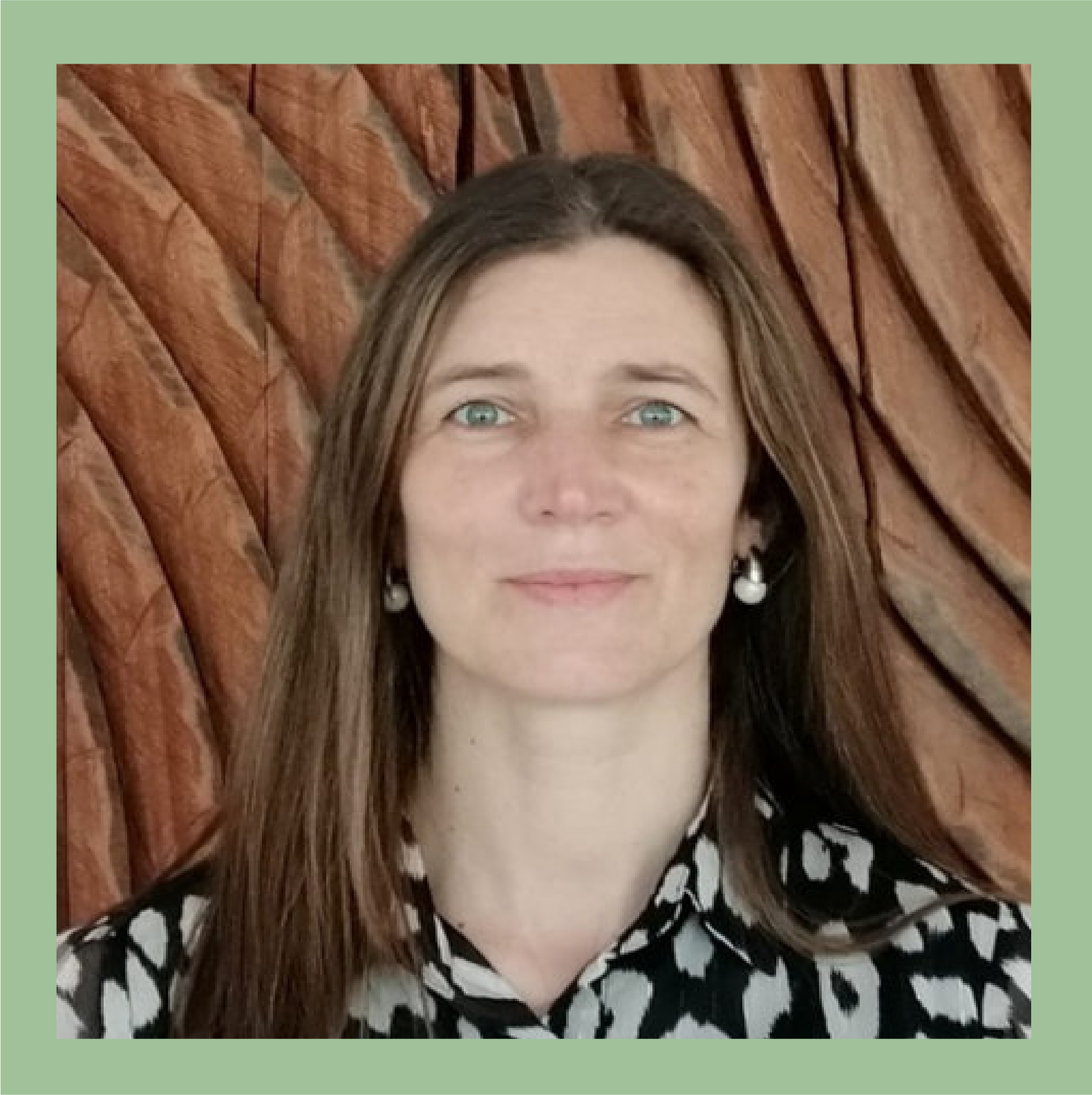06 to 06 Jun. 2024 - 12:00
Decoding the Extracellular Matrix at the Immunosuppressive Tumor Microenvironment: the Forgotten Partner
Maria José Oliveira, Principal Investigator, Instituto de Investigação e Inovação em Saúde - Universidade do Porto
06 to 06 Jun. 2024 - 12:00
Maria José Oliveira, Principal Investigator, Instituto de Investigação e Inovação em Saúde - Universidade do Porto

Rita Fior, Principal Investigator, Champalimaud Research
Seminar room
The extracellular matrix (ECM) is a dynamic entity known to play an important role in cancer progression, influencing the behaviour of both cancer and stromal cells. In colon cancer, high stromal content is associated to poor patient prognosis. However, it is still unclear what is the specific contribution of the ECM for cancer cell stemness and immune escape.
Aiming to dissect the differences in ECM properties between non-malignant and malignant colon tissues, while considering the sidedness of the tumours, paired normal and tumor tissues, obtained from right or left colon tumours, were decellularized and analysed by label-free mass spectrometry (LC-MS/MS) and by rheology. Major biomechanical and biochemical differences were identified between normal and tumor matrices and specificities regarding sidedness were unveiled.
In addition, the impact of tumour decellularized matrices on cancer cell stemness and macrophage polarization was investigated. Our results revealed that tumor matrices promote the expression of stem-like markers and drive monocytes towards a more anti-inflammatory phenotype, secreting high levels of CCL18, an immunosuppressive and pro-fibrotic chemokine. Differential expression analysis revealed 143 upregulated and 33 downregulated proteins in tumor matrices. Integrating proteomics data with RNA levels from the cBioPortal database facilitated the identification of 9 proteins whose gene expression correlates with CCL18 mRNA levels, and that are currently being validated in clinical cohorts.
We strongly believe that the detailed analysis of the ECM paves the way for identifying new therapeutic targets, ultimately improving clinical management and patient outcomes.
Maria José Oliveira graduated in Biology by the Faculty of Sciences-University of Porto (Portugal) and completed her PhD degree in Health and Medical Sciences at Ghent University Hospital (Belgium). During her PhD, she studied the role of bacteria on cancer cell invasion and tumour progression under the supervision of Marc Mareel and of Joel Vandekerckhove.
Her PostDoc training was at Ipatimup (Institute of Pathology and Immunology at the University of Porto) and dedicated to investigate the role of E-cadherin and of Helicobacter pylori on gastric cancer progression.
Since 2017, Maria José Oliveira coordinates the Tumour and Microenvironment Interactions Group at i3S-Institute for Research and Innovation in Health, at the University of Porto. The group research is focused on the role of the tumor microenvironment (in particular, immune cells, Extracellular matrix components, hypoxia and adipocytes) on cancer invasion/immune escape, dissecting the underlying molecular mechanisms, and using human decellularized matrices and immunspheroids as organotypic models. Recently, the group highlighted the role of radiotherapy on macrophage polarization, and developed immunomodulatory therapeutic strategies to counteract cancer cell invasion and metastasis. Her work was published over 120 manuscripts in international peer-review journals and received several prizes, namely one of the L’Óreal for Women in Science, from Lóreal/UNESCO/FCT in 2009.
Register here.
Champalimaud Research (CR) Colloquia Series is a seminar programme organised by the Champalimaud Centre for the Unknown to promote the discussion about the most interesting and significant questions in neuroscience and physiology & cancer with appointed speakers by the CR Community.
